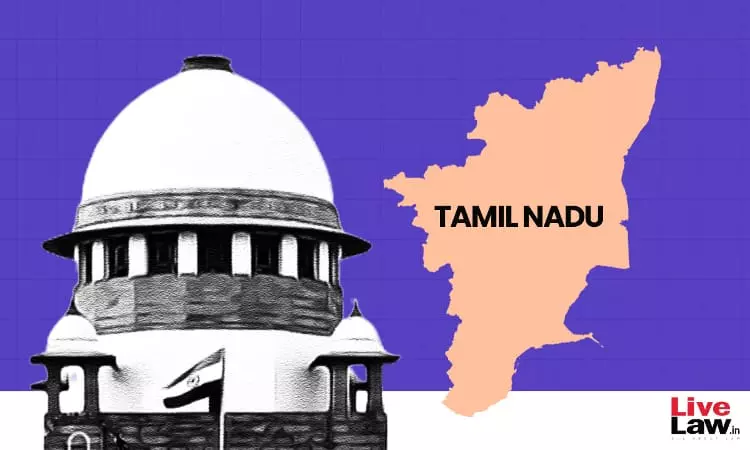The Supreme Court on Friday (20.10.2023) refused to interfere with the order of the Madras High Court that had upheld the ban on reinforced paper cups introduced in the state of Tamil Nadu in 2019. However the Apex Court directed the Tamil Nadu Pollution Control Board (TNPCB) to re-consider the ban on non-woven bags afresh in the light of the amended Plastic Waste Management Rules, 2016...

